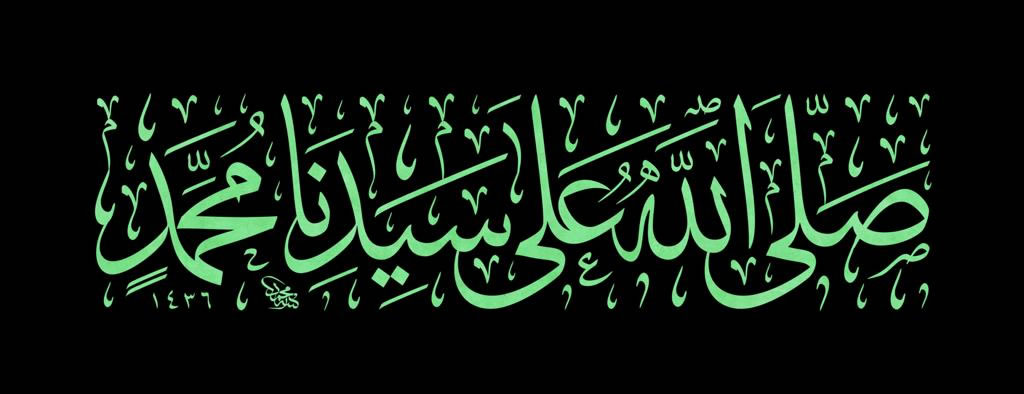[vc_row][vc_column][vc_column_text]
One of the activities that we initiated at IRCICA on the occasion of the holy month of Ramadan this year is to set up a special section in our website dedicated to the poems written to praise our Prophet Muhammad (SAW), known as Naat al-Sharif.
Naat al-Sharif is a general term used for poems praising Prophet (SAW). Eulogies, the pioneering examples of this genre, were written in Madina al-Munawwara while the Prophet (SAW) was still alive. Poets from among the companions of the Prophet (SAW) such as Hassân b. Sâbit, Kâ‘b b. Mâlik, Kâ‘b b. Zühayr and Abdullah b. Revâha excelled with the eulogies they wrote for the Prophet (SAW).
The main reason and motivation for the poets who wrote Naat Al-Sharif was to express their deep love and desire to reach the intercession of the Prophet (SAW). Thousands of Naat al-Sharif were written across the Muslim world reaching from the Indian Subcontinent to the Balkans to praise the Prophet (SAW). In the classical Islamic literature every poet placed a Naat al-Sharif in their diwan, following a tawhid stating the oneness of Allah (SWT) and münacaat expressing praise and prayer to Allah (SWT).
Naat al-Sharif could be written in different forms. But their distinguishing characteristic compared to other eulogies and qasida is the sincere and personal manner in which they are written. Naat are effective and lyric poems in which the poet directly addresses and prays for the Prophet (SAW). Writing and reciting Naat al-Sharif for the Prophet (SAW) became a strong tradition in the first century of Islam and continued uninterrupted until today. While the worldviews and perceptions of the poets changed over time, their deep respect and love for the Prophet (SAW) remained unchanged. Today, poets across the Muslim world continue to write various forms of Naat al-Sharif to express their sincere views and feelings towards the Prophet (SAW).
We hope that this special IRCICA website which will include records of hundreds of Naat al-Sharif recited by poets from across the Muslim world serves as a gentle sign of our deep respect and gratitude to our Prophet Muhammad (SAW). It is important to keep this important tradition alive and facilitate its transfer to future generations.
[/vc_column_text][/vc_column][/vc_row]





